13 Creatures We’re Not Usually Afraid of Even Though We Should Be

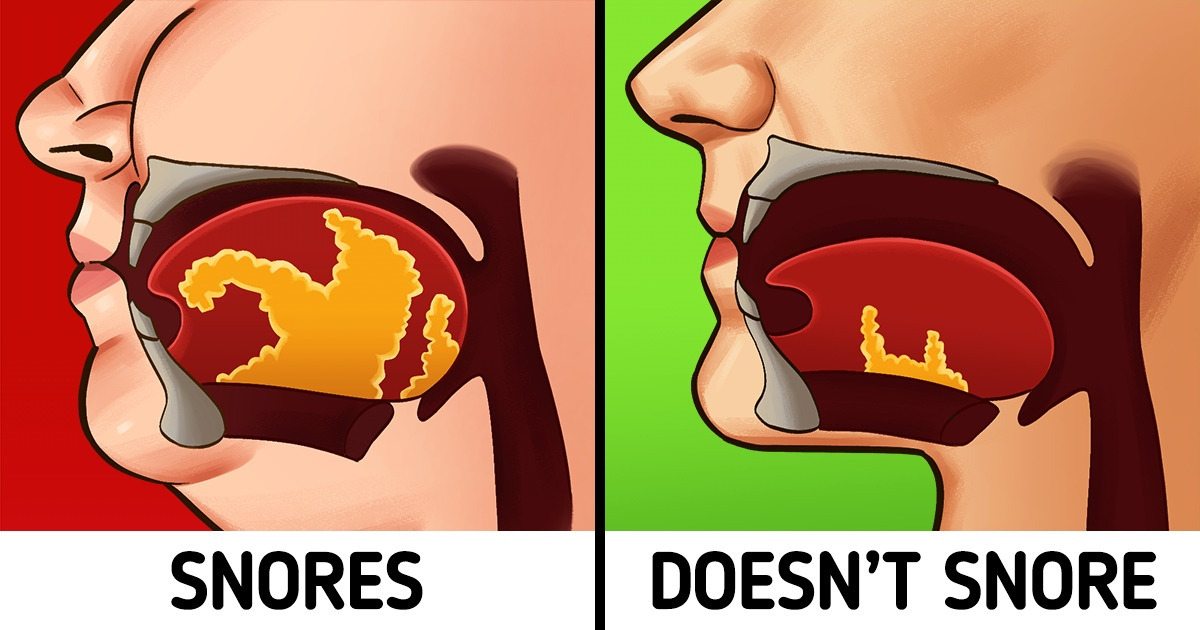
Although you may be unaware you do it, snoring can ruin the night of the person sleeping next to you. To help you sleep more peacefully, Bright Side has created a list of 10 things you can do to help you live a snore-free life.

If you’ve gained weight, especially around your neck area, this could be the reason why you’re snoring. If this is the case, losing weight may solve your snoring problem. Nonetheless, keep in mind that slim people can also snore.
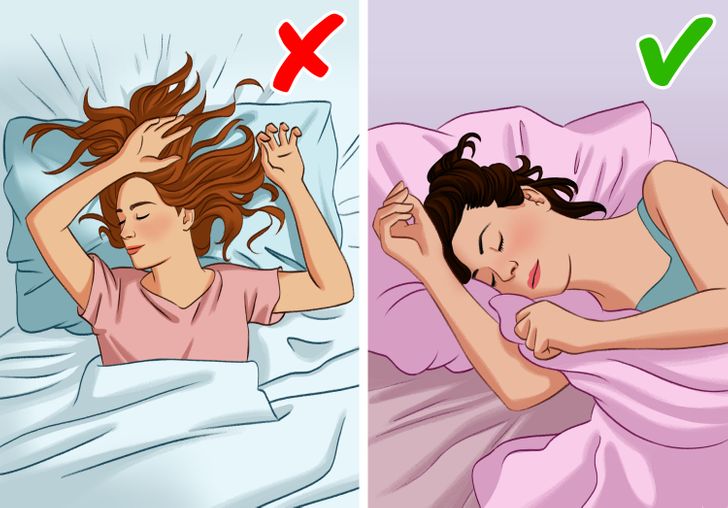
Try sleeping on your side over any other sleeping position. This will prevent your tongue from touching the back wall of your throat.
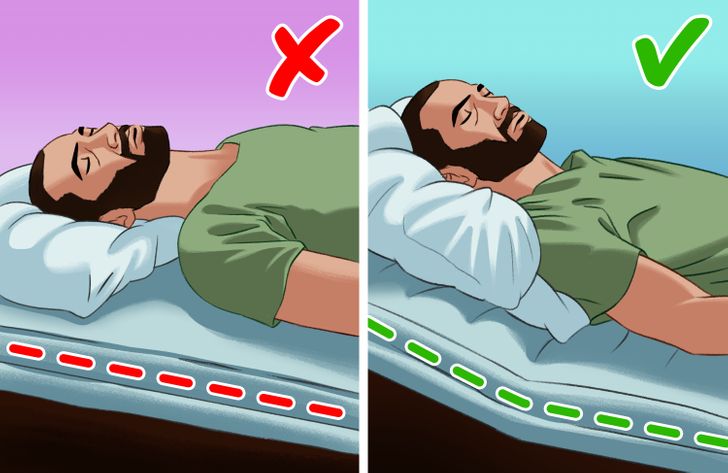
In case you can’t sleep on your side and have to sleep on your back, prop the head of your bed up a few inches, if possible. Having an extra pillow may also work well.
Smoking and drinking are very harmful in all aspects, including when it comes to snoring. They can relax your muscles which leads to snoring. It can also make your breathing process harder.
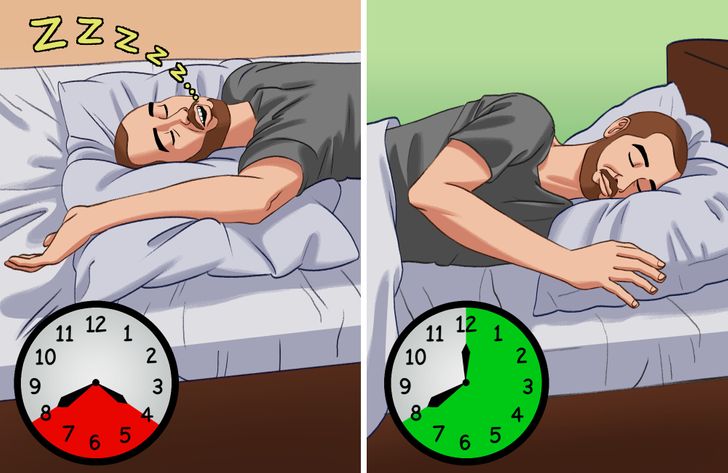
Prevent yourself from getting overtired due to a lack of good sleep. When you sleep for fewer hours than you should, your muscles become floppy and you snore more.

Vocal exercises can do wonders for your sleep. Practice singing for 20 minutes every day so you can tighten your throat muscles, which can help to prevent snoring.
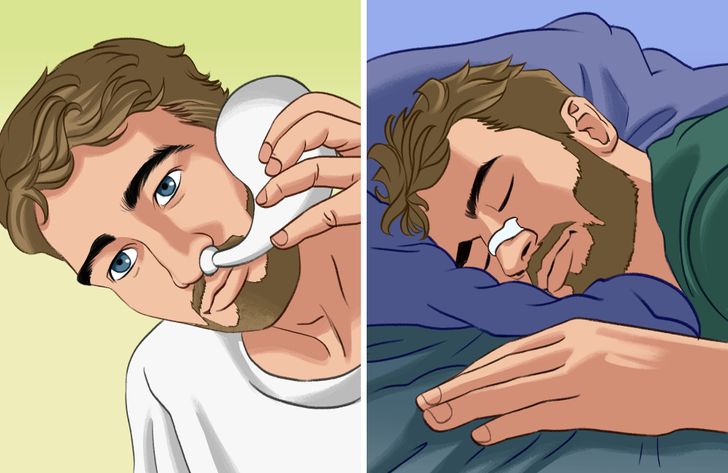
You can open your nasal passages by rinsing your sinuses out before bed. Nasal strips are also a great solution.
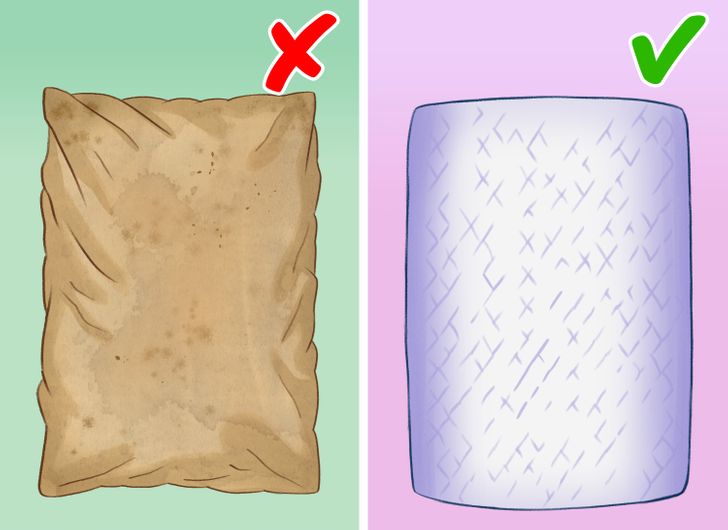
Dust mites can accumulate on your pillow and cause allergic reactions, leading to snoring. Replace your pillow at least every 6 months.

Drink plenty of fluids so that things inside your nose stay less sticky and stuffy. Drink around 11 to 16 cups of water a day.

Exercising your body can actually help you get rid of your snoring problem as it can tone all your muscles, preventing anything from becoming loose.
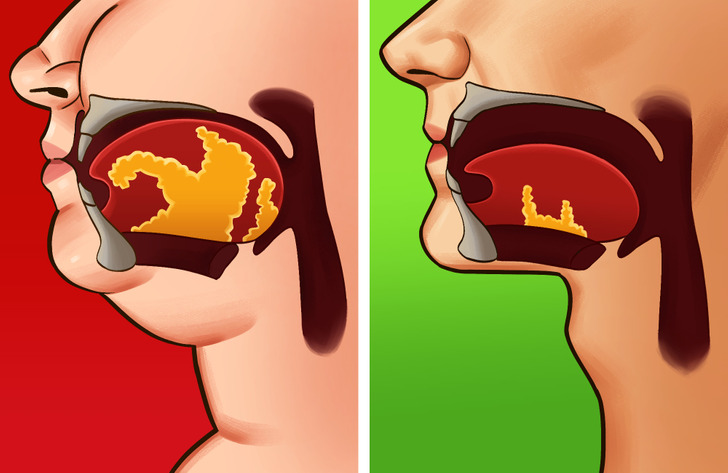
A study led by the chief of Sleep Medicine, Richard J. Schwab, MD, compared obese patients, with and without sleep apnea, and found that the patients with sleep apnea had larger tongues and a higher percentage of tongue fat when compared to the participants who don’t suffer from this condition.
The authors of the study believe that tongue fat may become a new therapeutic target for improving sleep apnea. They suggest that future studies could explore whether certain diets and therapies can help to reduce tongue fat.











